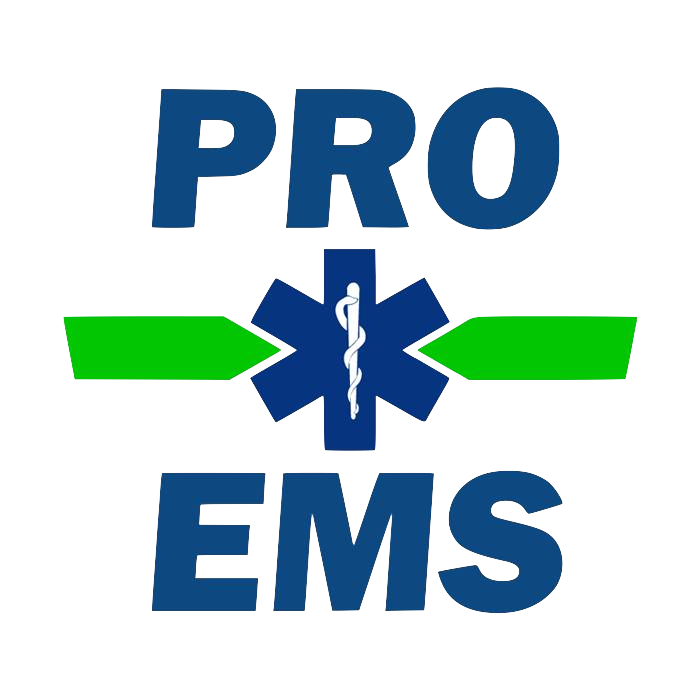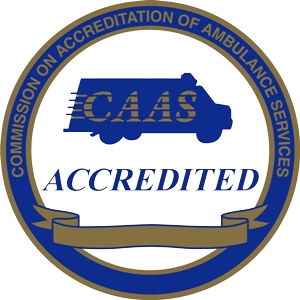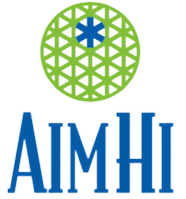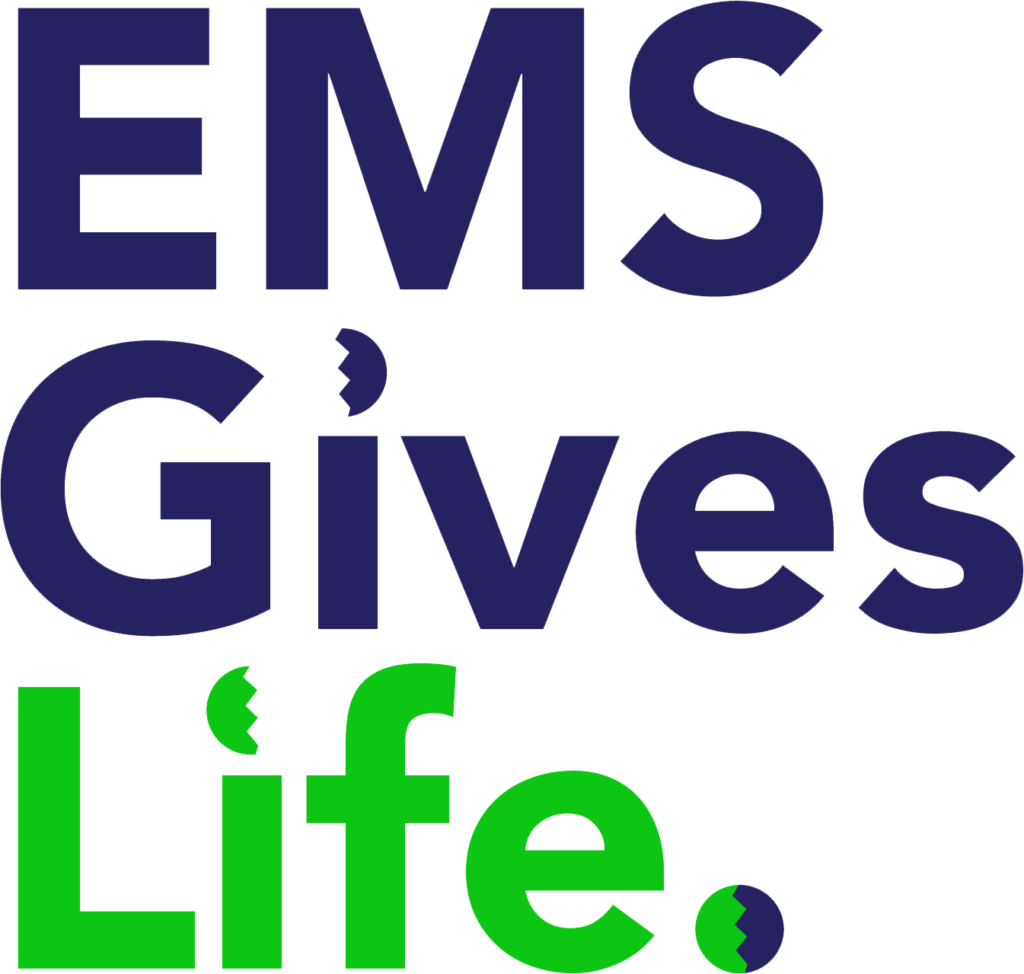Our paramedics and EMTs work in a tiered system. Advanced Life Support (ALS) units are staffed with two paramedics, or one paramedic and one EMT. Basic Life Support (BLS) units are staffed with two EMTs. The type of training, level of education and the medical procedures each is allowed to perform after training differentiate the two providers. While both EMTs and Paramedics staff our ambulances, paramedics have a wider scope of practice, including administering intravenous fluids, cardiac monitoring, and advanced airway management.
All field providers are certified by the Commonwealth of Massachusetts Office of Emergency Medical Services and further credentialed by South Middlesex EMS. In addition, ALL field providers have required certifications/recertifications completed in-house regardless of status or expiration date during their initial field training. One component of our initial training program is the emergency medical services Field Training and Evaluation Program (FTEP). FTEP is nationally recognized, structured program that provides a framework to assure newly hired field providers understand core concepts and can demonstrate essential proficiencies.
EMTs
EMTs are integral members of our field and clinical operations, working closely with their paramedic partners. This exposes the EMT to advanced practices, skills, and procedures, which exponentially advance their clinical understanding and knowledge base. EMTs are expected to operate to the full extent of their scope of practice, including authorized extended scope protocols. Our EMTs are authorized for BLS Bronchodilators, Selective Spinal Assessment, Check & Inject Epinephrine, along with several other procedures and additional medications. In addition to mandatory, ongoing simulation exercises, all EMTs participate in quarterly BLS High–Acuity Low Occurrence Training (HALO).
Paramedics
Paramedics are team leaders as they are generally the highest-level provider in the pre-hospital environment. This means the paramedic is responsible for patient care, scene management and ultimately patient outcomes. Our paramedics undergo continuous training in best-practices and treatment modalities so they can provide lifesaving, clinically sophisticated pre-hospital care.
ALS High-Acuity Low Occurrence Training (HALO) sessions include surgical cricothyrotomy, pediatric advanced airway management, high-risk medication administration, and additional scenarios that represent high consequence situations that occur infrequently. ALS providers are expected to participate as mentors, field training officers and instructors.









